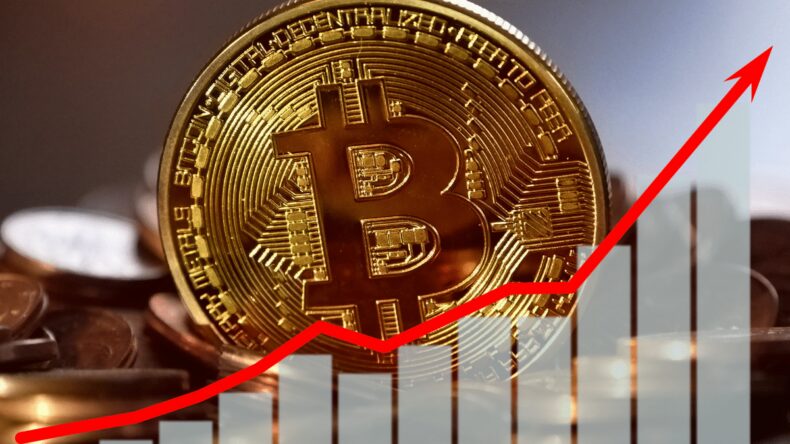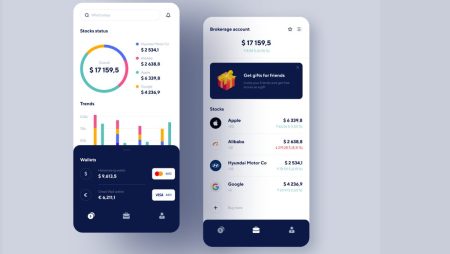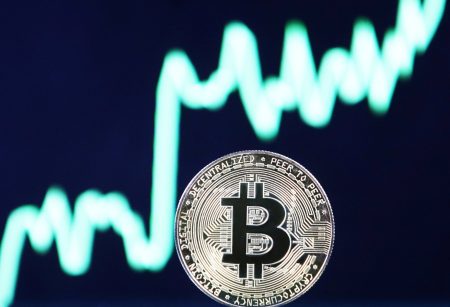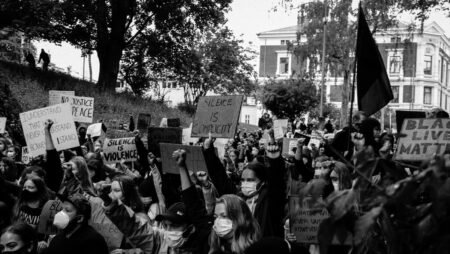Table of Contents
The IMF has condemned El Salvador for accepting Bitcoin as a form of payment, and there are reports that the country is seeing a decline in Bitcoin use. The number of remittances to the country in Central America, whose economy is heavily dependent on them, has fallen significantly. According to data from the Central Reserve Bank of El Salvador (BCR), remittances based on Bitcoin fell by 17.8% between January and February of this year.

A return payment is unrelated to and not a money transfer made by a diaspora member, a foreign worker, or a person with connections overseas to maintain the family’s income in their home country. El Salvador became the first country in the entire world to recognize Bitcoin as legal money in addition to the US dollar in 2021. Chivo, the nation’s own digital wallet, was introduced so that people could store and use their Bitcoin holdings.
One of the main reasons El Salvador boldly announced Bitcoin as its legal cash was the ability to receive remittances in full sums from its diaspora working overseas. In the past, money transfer companies like Western Union were accused of taking a significant cut of remittances as service fees. However, with BTC transactions, the nation wanted to receive the full sums with minimal or no costs for service and immediate cross-border cash transfers.
The fact that El Salvador’s BTC-based remittance has decreased suggests that the country’s general BTC usage has decreased as well.
Bitcoin In El Salvador In The Past
As a Bitcoin lover, President Nayib Bukele touted the idea as having several economic advantages. He said that introducing Bitcoin legal tender would draw in outside capital, create employment, and “push civilization perhaps somewhat into the right direction.” His goals included creating a complete “Bitcoin city” that would be a tax-free sanctuary financed by the sale of US$1 billion in governmental bonds. The idea was to buy Bitcoin with half of the bond proceeds, invest the other half in the city, and utilize the expected returns to pay back the bondholders.

One year later, there is now more than enough proof to say that Bukele, who has previously referred to himself as “the world’s coolest dictator” in response to objections to his escalating authoritarianism, had not realized what he was undertaking. This risky financial experiment has turned out to be virtually entirely unsuccessful.
If a person from El Salvador wanted to buy anything and the seller would accept bitcoins, they could. Yet Bukele yearned for more. Making bitcoins acceptable for payment required the recipient to do so. Every economic agent “must accept Cryptocurrency as payments when provided to him by whosoever purchases a good or service,” according to the 2021 legislation.
President Nayib Bukele of El Salvador has not yet commented on the matter. El Salvador said earlier this year that government will buy one Bitcoin every day to demonstrate its support for the digital asset at a time when BTC was performing poorly on the cryptocurrency charts. Additionally, the nation is attempting to encourage more crypto-related activity among its citizens.
El Salvador has started approving operating requests from cryptocurrency companies looking to open offices there. The first cryptocurrency company to obtain formal authorization from the Salvadoran government to operate as a supplier of digital asset services in the country is the cryptocurrency exchange Bitfinex.













